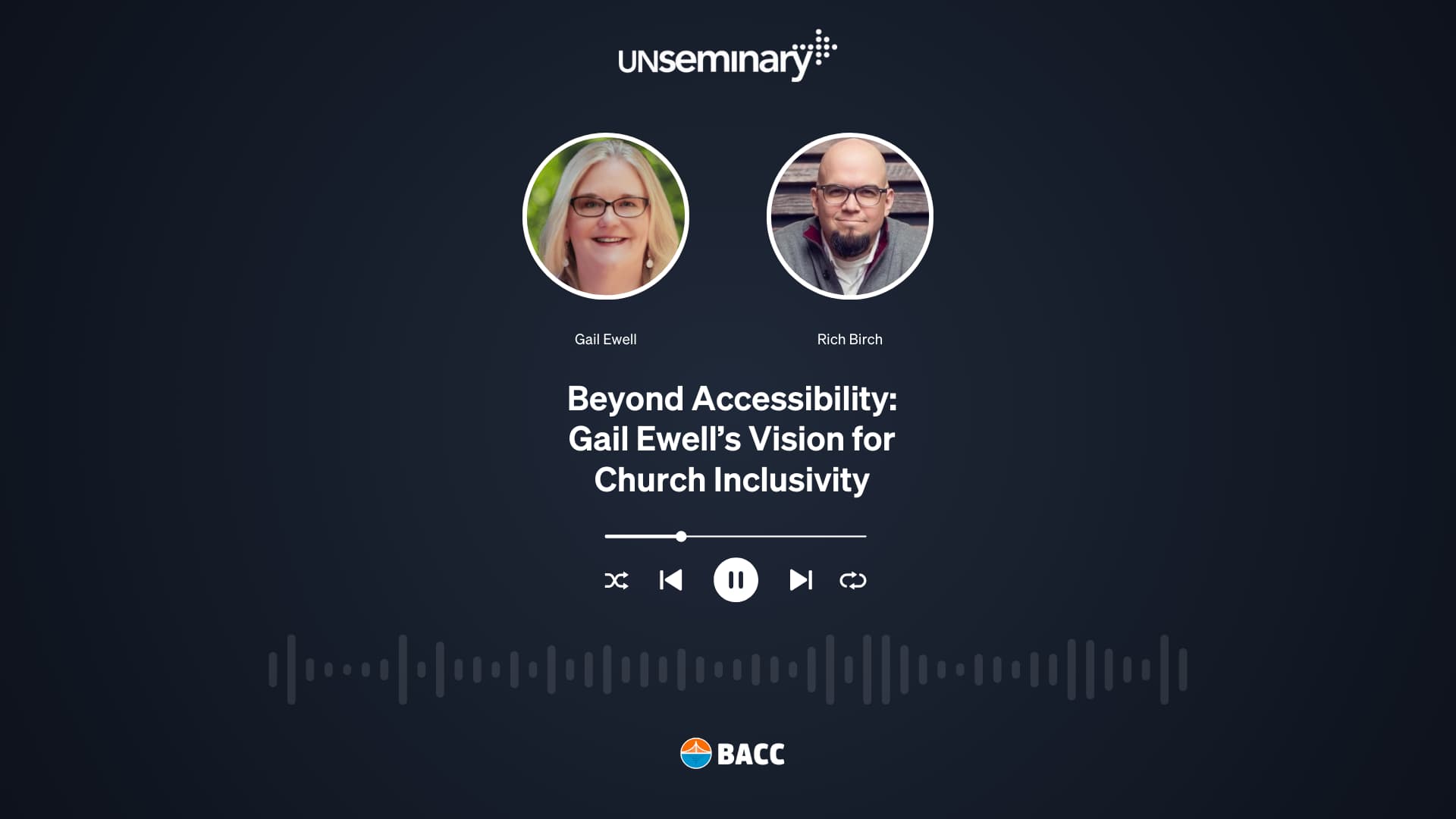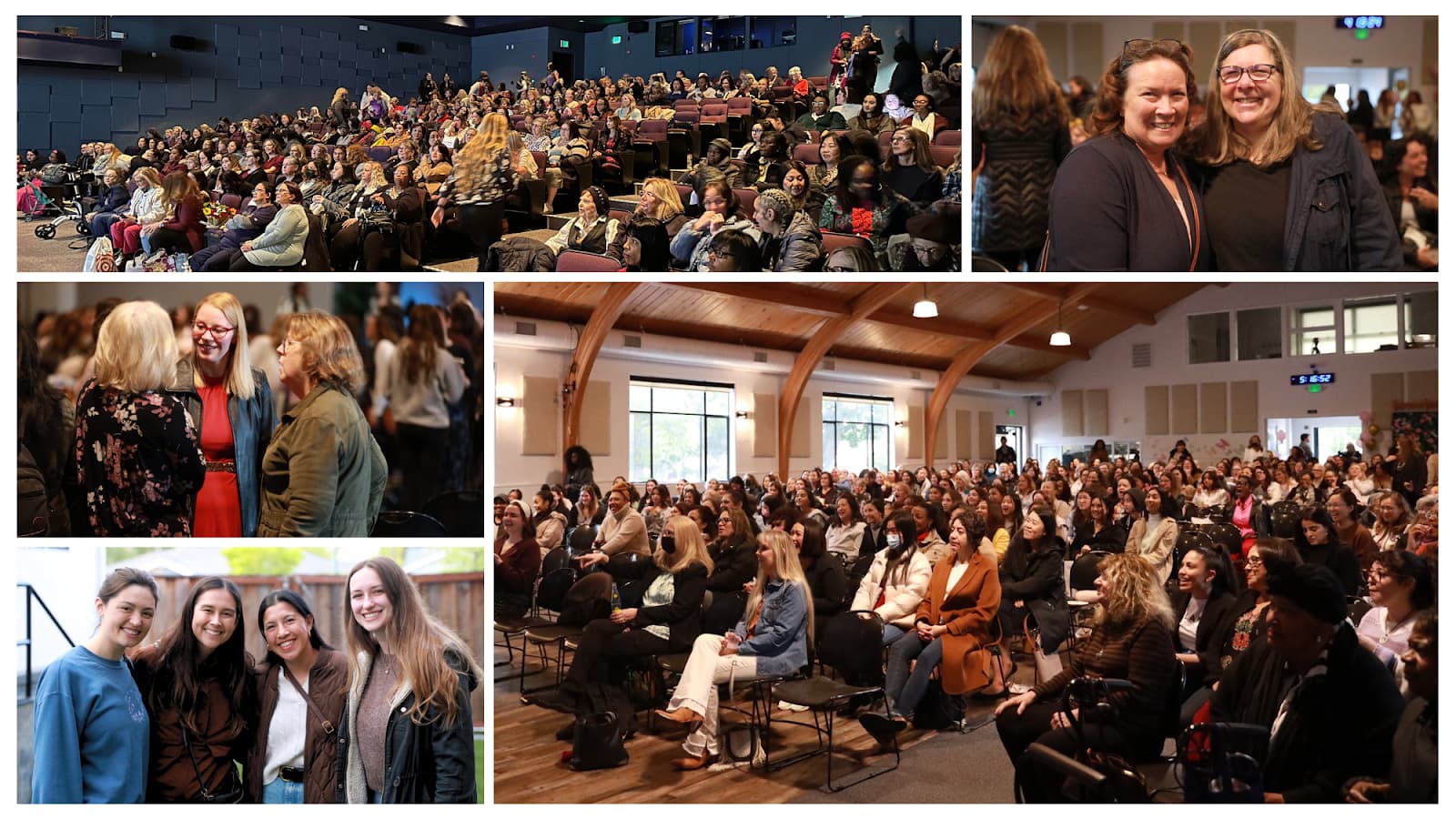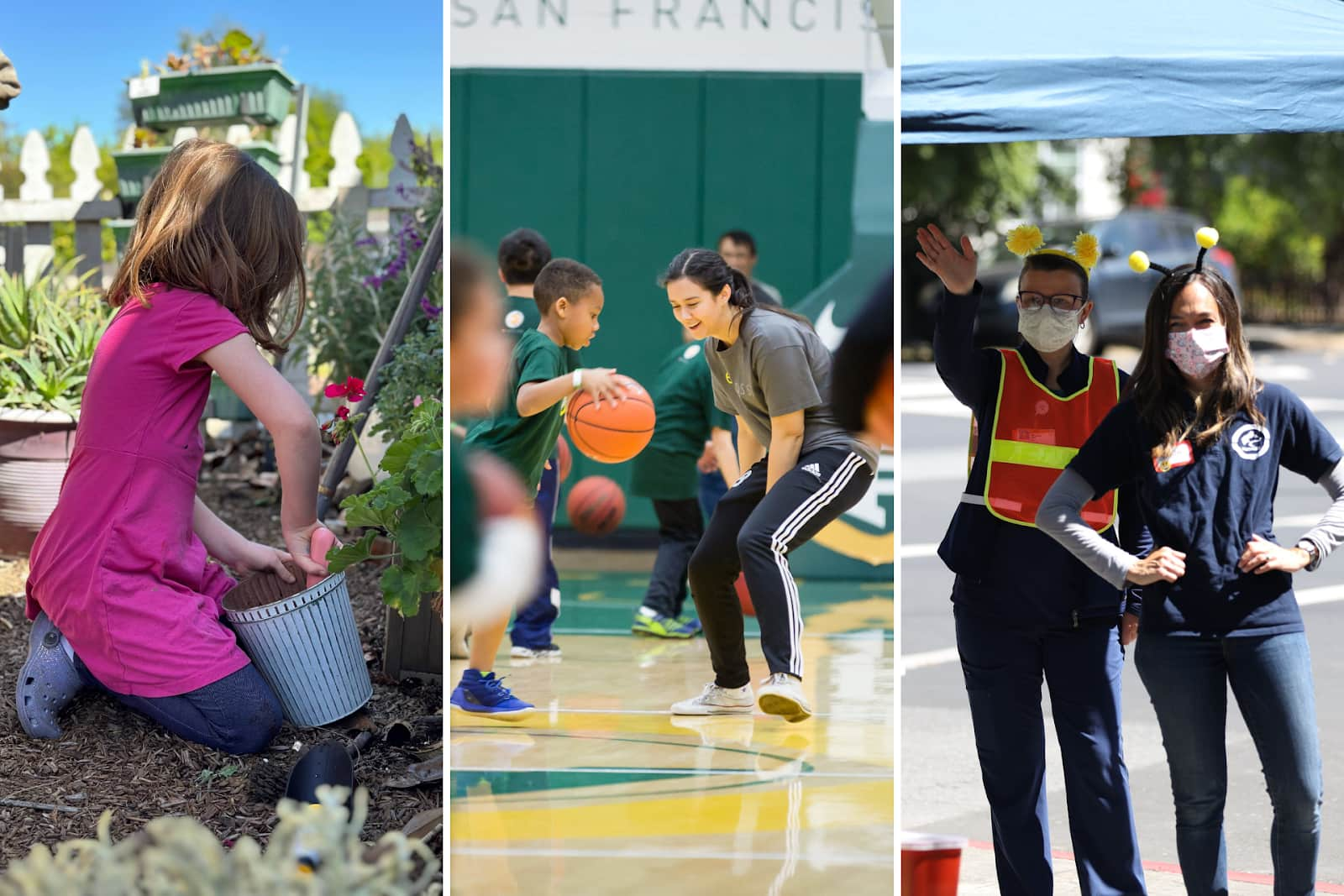Sign up for The Good Stuff
Our weekly newsletter filled with news, updates, and inspiring stories of how God is working in the Bay Area.
"*" indicates required fields
Sign up for The Good Stuff
Our weekly newsletter filled with news, updates, and inspiring stories of how God is working in the Bay Area.
"*" indicates required fields
At the 90th annual Academy Awards this past weekend, there were a lot of great victories and historical moments. Jordan Peele was the first African-American to ever win Best Original Screenplay, and the third person in history to have his directional debut appear in all three categories. Greta Gerwig was the first female director to get nominated for her debut film, and is one of five women directors in history to be nominated for an Oscar. These ground-breaking nominations and wins in film make way for more stories to be heard by those who were silenced for too long. In the acceptance speech for her film, Three Billboards Outside Ebbing, Missouri, Frances McDormand powerfully spoke about the importance of inclusion and diversity.
https://www.youtube.com/watch?v=-86vgvZGMs4
Calling on all the women nominees to stand up with her, the Oscar winner praised the writers, directors, actors, and crew members who made so many previously untold stories come alive. Ending her passionate and memorable speech, McDormand left us with two words: “Inclusion Rider.” Inclusion riders, put simply, are clauses that can be included in actor’s contracts that call for diversity in the films they are working in. When explaining this to reporters during her backstage speech, the actress advocated for the need for inclusion and representation: “We are not going back.”
Frances McDormand and other fearless actors are making strides in bringing inclusion to Hollywood, but it is up to us to bring it to the rest of the world. God is constantly calling us to love and include those around us, fighting for the oppressed and distraught with the same determined fervor that McDormand called for.
No, what I want in a fast is this: to liberate those tied down and held back by injustice, to lighten the load of those heavily burdened, to free the oppressed and shatter every type of oppression. A fast for Me involves sharing your food with people who have none, giving those who are homeless a space in your home, giving clothes to those who need them, and not neglecting your own family.
-Isaiah 58:6-7 VOICE
More than any ritual or rule, what God wants most is for us to liberate the tied down, lighten the load of the burdened, and to shatter the oppression of the oppressed. It’s the five extra minutes buying a sandwich for someone homeless, the Saturday morning spent to bring a smile to the face of a child with special needs. It’s the pride set aside to listen to someone not used to being heard, the phone call made to the person who needs to be reminded what they are capable of.
Anyone who sets himself up as “religious” by talking a good game is self-deceived. This kind of religion is hot air and only hot air. Real religion, the kind that passes muster before God the Father, is this: Reach out to the homeless and loveless in their plight, and guard against corruption from the godless world.
-James 1:27 MSG
How do you view religion and having a relationship with God? Do you just talk a good game–going to church, reading your Bible, attending the right events–but completely neglect what God actually calls for us to be? When we neglect to reach out and care for those around us, we cannot say that we have a close relationship with God. We must stop just spouting hot air and actually take the time to look for the homeless and loveless, and give them hope. Our most recent event, Girls’ Night Out, “Start Your Impossible,” called for the kind of a relationship with God that keeps moving forward and believes in the impossible. When we have this kind of relationship, we can be confident enough to include and help others start their own impossibles, and provide a voice for those who don’t have one.
Speak up for those who cannot speak for themselves; ensure justice for those being crushed. Yes, speak up for the poor and helpless, and see that they get justice.
-Proverbs 31:8-9 NLT
Who needs you to speak up for them? What do you need to change in your relationship with God in order to see the needs of those around you? What ways can you bring inclusion into your community?

Written by
Alexis Colvin
Alexis Colvin is a writer and editor for the Bay Area Christian Church, and is passionate about using her creative skills to apply spiritual concepts to music and other forms of pop culture.
How the simple step of a church extending friendship can transform a community.
Mother’s Day gives us the chance to celebrate the moms, mothers-to-be, and maternal figures in our lives
God’s desire is that Jesus lives in all of us, which is why we are passionate advocates for inclusion in the church.


